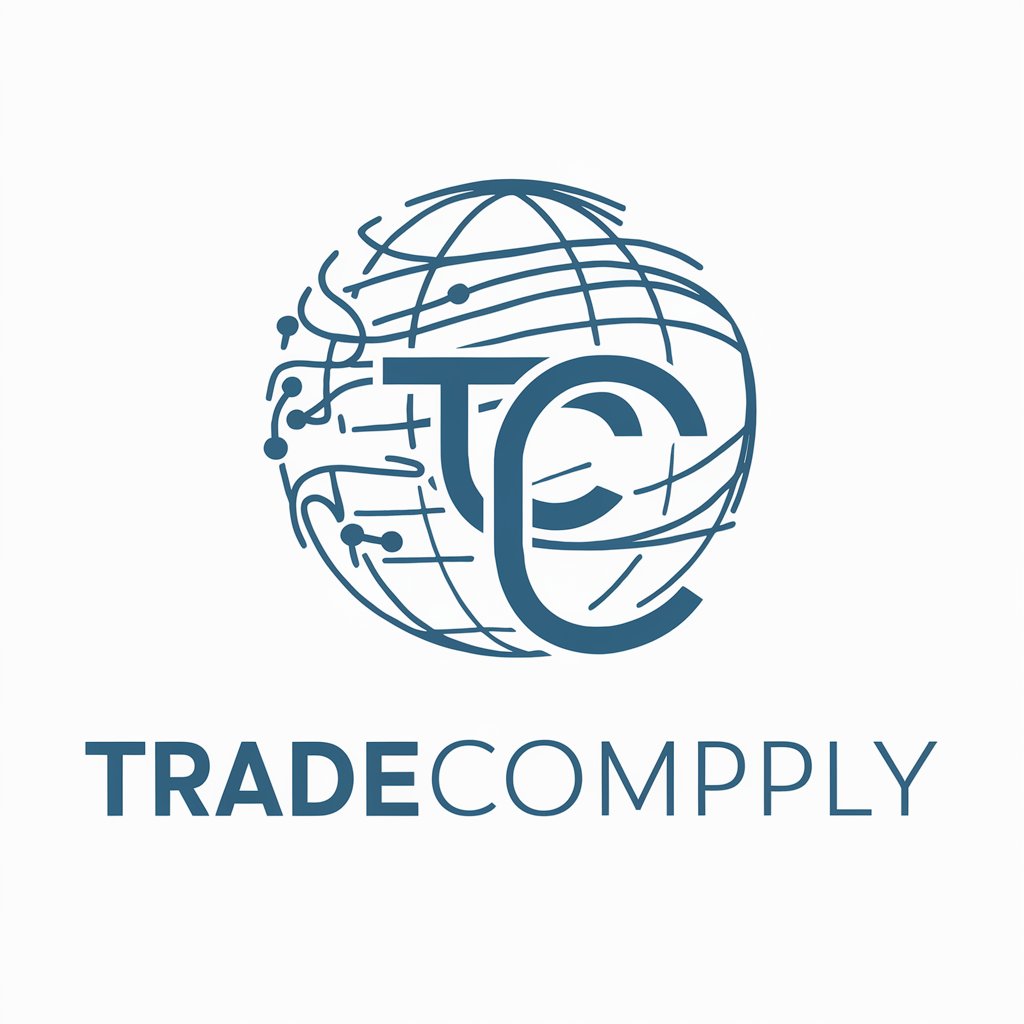
Trade sanctions - Detailed Insights on Sanctions

Empowering Policy and Market Insights with AI
How can I improve my product descriptions?
What's a good headline for a fashion blog?
Get Embed Code
Understanding Trade Sanctions
Trade sanctions are a form of economic policy and regulation that one or more countries impose to restrict trade with a particular nation, groups, or entities, aiming to achieve foreign policy or economic objectives. These sanctions can vary widely in their form and severity, ranging from comprehensive bans on trade to targeted measures like restrictions on certain goods, services, or financial transactions. The design purpose behind implementing trade sanctions includes influencing the behavior of nations and entities towards certain political or humanitarian standards, punishing actions that violate international laws or norms, and protecting national security. For example, a country may impose sanctions on another for human rights violations, aiming to pressure the sanctioned country into changing its policies. Alternatively, sanctions might target specific sectors (like the arms or oil industries) to limit a nation's ability to fund conflicts or activities deemed as threatening by the sanctioning parties. Powered by ChatGPT-4o。

Main Functions of Trade Sanctions
Diplomatic Leverage
Example
Imposing sanctions on a country to compel it to comply with international laws.
Scenario
Sanctions are used as diplomatic tools to pressure governments into complying with international norms, such as nuclear non-proliferation agreements. For instance, sanctions were imposed on Iran with the intention of curtailing its nuclear program, leading to the Joint Comprehensive Plan of Action (JCPOA).
Economic Pressure
Example
Targeting a country's key exports to weaken its economy.
Scenario
Economic sanctions can target specific sectors, such as the petroleum industry in Venezuela, aiming to cut off significant sources of revenue and thereby exerting economic pressure on the government to change its policies or behavior.
Preventing Conflict
Example
Imposing arms embargoes to prevent the flow of weapons.
Scenario
Sanctions can be designed to prevent conflicts by restricting the sale, supply, and transfer of arms and related materiel to conflict zones, aiming to de-escalate tensions and promote peace. An example is the embargo on arms and military equipment to conflict areas in Africa.
Ideal Users of Trade Sanctions Services
Government Officials and Policymakers
These users are involved in the formulation and implementation of foreign policy and economic measures. Trade sanctions serve as a critical tool for them to apply diplomatic pressure, enforce international norms, or protect national security without resorting to military action. They benefit from understanding the impact, mechanisms, and outcomes of sanctions to make informed decisions.
Economic Analysts and Researchers
This group seeks to understand the economic impacts of trade sanctions on global markets, national economies, and specific sectors. They use detailed analyses to evaluate the effectiveness of sanctions, forecast economic trends, and provide insights that can influence policy decisions or business strategies.
International Business Executives
Executives of multinational corporations need to navigate the complex landscape of international trade laws and sanctions. Understanding trade sanctions is crucial for compliance and risk management, as violations can result in substantial fines and reputational damage. They benefit from services that provide up-to-date information on current sanctions and guidance on compliance strategies.

How to Use Trade Sanctions
Step 1
Start by exploring yeschat.ai to sign up for a free trial, no ChatGPT Plus subscription or login required.
Step 2
Identify your specific needs or the problem you're looking to solve with Trade Sanctions, such as research on economic sanctions, drafting policy recommendations, or academic writing.
Step 3
Utilize the 'Ask a Question' feature to directly input your queries related to trade sanctions and receive detailed, AI-generated answers.
Step 4
Take advantage of the customization options to tailor the output according to your requirements, be it drafting documents, creating reports, or generating informative content.
Step 5
Review the generated content for accuracy, and don't hesitate to refine your queries for more precise answers or to explore different aspects of trade sanctions.
Try other advanced and practical GPTs
Economic Sanctions
Navigate global sanctions with AI-powered insights

Extended Essay Grader-GPT(IB Diploma EE)
AI-Powered IB Essay Insight

Smart Proposals
Crafting Proposals with Precision and Speed

Extendscript Engineer
Empowering Adobe Scripting with AI

Text Extender
Expand Your Text, Maintain Your Meaning

Extens AI
Elevate Your Projects with AI Creativity

Direct Compliance Expert
Streamlining Compliance with AI

Global Law Sage
Expert legal intelligence, AI-powered.

EU Sanction Screening Robot
Streamlining sanctions compliance with AI-powered screening.

KYC Analyst
AI-Powered Compliance Insight

SanctionsGPT
Navigate Sanctions Smartly with AI

Muscle Strain and Tear
Empowering your recovery with AI-driven advice.

Detailed Q&A About Trade Sanctions
What are trade sanctions and how can Trade Sanctions help me understand them?
Trade sanctions are commercial and financial penalties applied by one or more countries against a targeted country, group, or individual. Trade Sanctions can help by providing detailed analysis, historical context, and the current impacts of specific sanctions, aiding in understanding their complexities.
Can Trade Sanctions assist in academic research related to economic sanctions?
Yes, Trade Sanctions is well-equipped to assist in academic research by offering comprehensive data, detailed case studies, and analytical tools that can enhance the quality of your research on economic sanctions.
How does Trade Sanctions stay updated on current and evolving sanctions?
Trade Sanctions utilizes advanced AI algorithms to continuously scan a wide range of sources, ensuring that the information provided is current and includes the latest developments in international trade sanctions.
Is it possible to customize the information received from Trade Sanctions for specific needs?
Absolutely, Trade Sanctions allows users to tailor the queries based on specific needs, whether it's for policy analysis, academic purposes, or simply gaining a better understanding of trade sanctions, ensuring that the responses are relevant and useful.
Can Trade Sanctions provide predictive insights about the potential future of trade sanctions?
While Trade Sanctions can offer analysis based on current trends and historical data, predicting the future of trade sanctions involves uncertainties. However, it can provide scenarios based on current data and trends, offering valuable insights for strategic planning and analysis.




